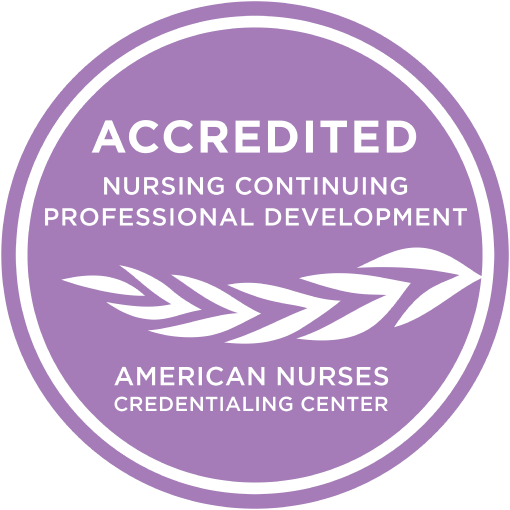Anti-Arrhythmics
Contact Hours: 2
Pharmacology Hours: 2
Course Overview
This course will provide participants with the foundational knowledge of recent advancements in antiarrhythmic drugs (AAD) therapy, the pharmacokinetics and pharmacodynamics involved in the treatment of arrhythmias, the management of drug overdoses, and the specific challenges posed by various antiarrhythmic drugs.
Course Outline
- Introduction
- Overview of Cardiac Arrhythmias
- Definition
- Classification of Antiarrhythmic Medications
- Class 0: HCN Channel Blockers
- Class I: Voltage-gated Na+ Channel Blockers
- Class II: Autonomic Inhibitors/Activators
- Class III: K+ Channel Blockers/Openers
- Class IV: Ca2+ handling modulators
- Class V: Mechanosensitive channel blockers
- Class VI: Gap junction channel blockers
- Class VII: Upstream target modulators
- Clinical Prescribing Criteria
- The Cardiac Electrical Cycle (Electrical Cascade)
- Pharmacokinetics of Anti-Arrhythmic Medications
- Absorption
- Distribution
- Biotransformation
- Elimination
- Other Antiarrhythmic Drugs
- Treatment of Overdose
- Conclusion
Course Outcomes
After completing this course, the learner will rate a 4 out of 5 on the Likert Scale for their ability to:
- Recognize antiarrhythmic drugs according to the Vaughan-Williams classification system.
- Explain the mechanisms by which these drugs modify the cardiac action potential to prevent or treat arrhythmias.
- Identify the clinical indications for the use of antiarrhythmic drugs, including the management of atrial fibrillation, supraventricular tachycardia, and ventricular arrhythmias.
- Recognize the risks associated with these antiarrhythmic drugs.
- Discuss the pharmacokinetics and pharmacodynamics of antiarrhythmic drugs, including drug absorption, distribution, metabolism, and excretion.
Accreditations and Approvals

- American Nurses Credentialing Center (ANCC) (P0614)
- California Board of Registered Nursing (CEP 17418)
- Kentucky Board of Nursing (7-0090)
- Louisiana State Board of Nursing (58)
- Florida Board of Nursing (50-23983)
- Delaware Board of Nursing (DE-24-010127)
- Alabama Board of Nursing (#ABNP1577)
- Iowa Board of Nursing (#393)
- Kansas Board of Nursing (LT0340-0325)
Approved by the Board of Nursing in every state, you can complete your RN, LVN, and APRN CEUs with confidence.
Accreditation Statement
Nursing CE Central LLC is accredited as a provider of nursing continuing professional development by the American Nurses Credentialing Center's Commission on Accreditation.
It will take the average learner 120 minutes to complete and awards 2 contact hours of continuing education.
Written For
- Advanced Practice Registered Nurses (APRN)
Requirements for Completion
- Enrollment in the course by the learner
- Read and learn all course materials
- Complete the course evaluation
- Attest and testify learning of the course materials
Disclosure of Relevant Financial Relationships
Nursing CE Central nor any of the authors, planners, content experts, or any contributors have any relevant financial relationships with ineligible companies to disclose.
